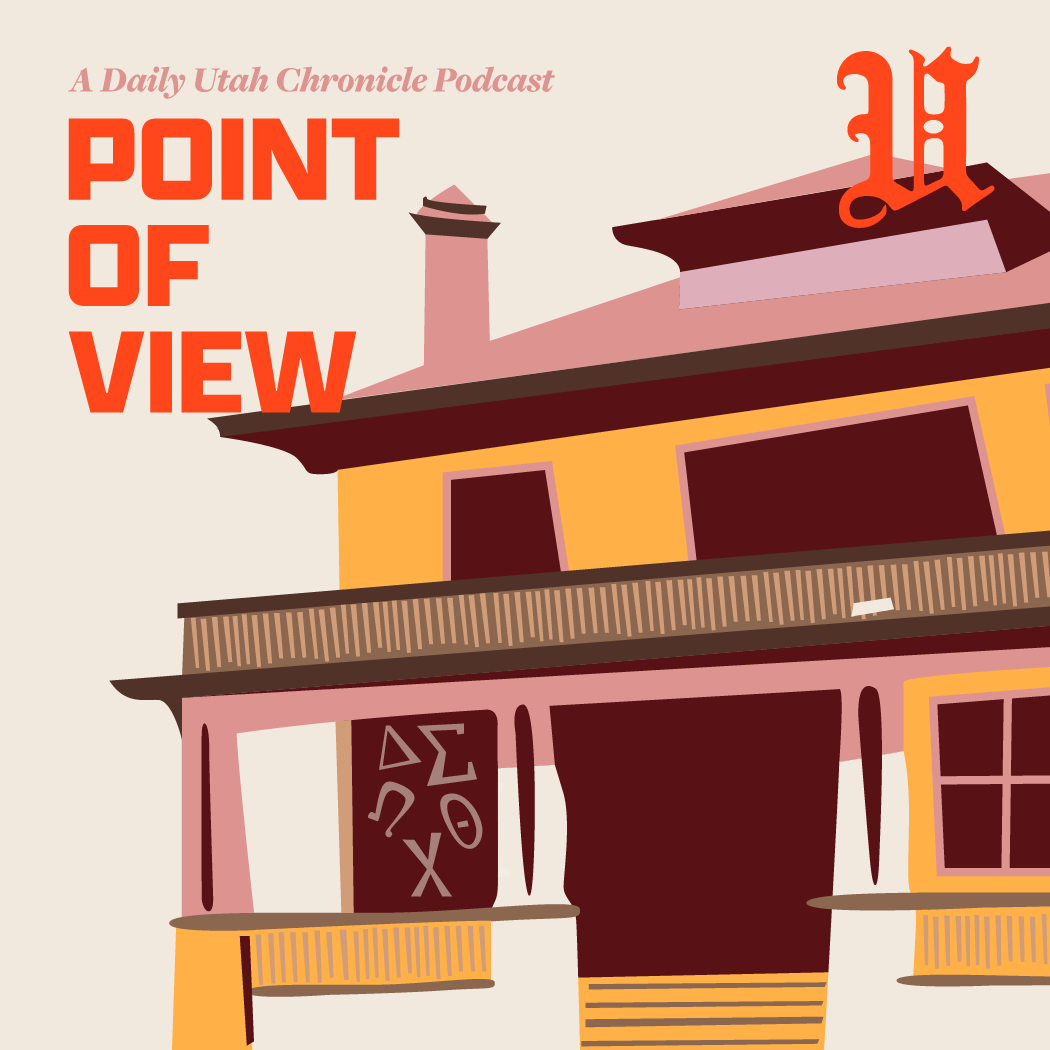
This week, Japanese architect Toyo Ito won the Pritzker Prize, a prestigious award considered worldwide to be the Nobel Prize of Architecture. Since its founding by Jay and Cindy Pritzker in 1979, architects from the United States have frequently been awarded with this honor that values “consistent and significant contributions to humanity and the built environment through the art of architecture,” according to the foundation’s website.
In recent years, however, the frequency of winners emerging from the United States has vastly decreased, the last one being in 2005 and before that, in 1991. This might seem inconsequential, but it speaks to a crisis that U.S. education is currently suffering a lack of creativity.
During the ’50s and ’60s, American collective psychology was trained on the subject of creativity. Psychologists like E. Paul Torrance formulated experiments to test children on the ability to create unique solutions. In one such test, he offered children a toy fire truck, asking them to list as many possible improvements to the toy as they could.
Torrance is considered by most to be the “Father of Creativity” after dedicating 60 years of his life to the subject. One of his greatest known achievements is the creation of the Torrance Test of Creative Thinking, which measures various skills like expressiveness, internal visualization and the ability to extend and break boundaries, according to a resource from Indiana University.
These abilities are no longer valued in American education, to the detriment of students. IQ tests experience what we call the Flynn Effect, where each subsequent generation scores higher by approximately 10 points. CQ, or Creativity Quotient tests, suffer the opposite effect — as time passes, we become less and less innovative.
The devastating overuse of standardized tests values bleak lack of originality over essential skills such as divergent thinking. Creativity provides the means to find several solutions to the same problem, enriches perspective and has the power to transcend time and circumstance. And according to an analysis by Jonathan Plucker of Indiana University, the correlation to lifetime creative accomplishment was more than three times stronger for childhood creativity than childhood IQ.
Disregarding the lack of emphasis on innovation by the education system, the American lifestyle does little to foster creativity as well. With the popularity of painfully unimaginative reality TV and a disturbing intolerance for diversity, what motivation have we as members of society to break the mold?
It’s the action of breaking the mold that’s responsible for the advances in technology, health and spirituality that we all enjoy and experience today. Held within the constraints of nationalized testing and lifestyles of complacency, we lose the potential for growth.
Elsewhere, nations are taking notice and taking action. In 2008, secondary schools in Great Britain began to emphasize idea generation, and Chinese schools have rejected traditional teaching styles for more inventive approaches.
Creativity isn’t an impossible feat — the same Jonathan Plucker from Indiana University toured China and was astounded by a young boy who created a tracking device for his mo-ped with old cell phone parts. The ability to find novel and visionary solutions is one that each of us can claim as our own, so long as we have an environment that nurtures our pursuits.









